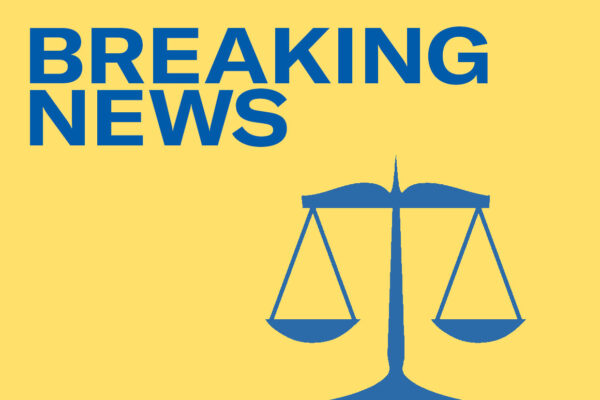Interceding in a case raising significant issues involving government transparency in environmental disputes, Save The Bay, the American Civil Liberties Union of Rhode Island, the Rhode Island Saltwater Anglers Association and Foundation, and Common Cause Rhode Island today filed a “friend of the court” (amicus curiae) brief in the Rhode Island Supreme Court in a long-standing controversy involving the proposed expansion of Champlin’s Marina on Block Island.
The partnering organizations have filed the brief in support of the Attorney General and intervenors in the case, who are seeking to overturn a September 9, 2021 Superior Court decision. The court found that the mediation between Champlin’s and the Coastal Resources Management Council approving the expansion was “proper and conclusive.” However, the court made that finding even though other parties that had been involved in the litigation for years were not a part of the mediation. The brief claims the court disregarded compliance with various critical environmental regulations and standards, including those requiring public involvement.
“As an environmental advocacy organization with a longstanding history of watching over the agencies and activities that impact the health of Narragansett Bay, we are compelled, alongside our fellow amici, to voice our objection to the settlement in order to ensure a fair and transparent process in the rulings that impact our natural resources,” said Save The Bay Executive Director, Jonathan Stone. “Without a public process and demonstration of compliance with coastal regulations, we will not know whether the CRMC is upholding its duty to protect our public trust resources.”
ACLU of Rhode Island Executive Director, Steven Brown added: “Any person concerned about government transparency and accountability should be troubled by the CRMC’s actions in this case. It sets a dangerous precedent that could encourage behind-the-door activities by government agencies that unfairly and unwisely shut out the public. We are hopeful the Supreme Court will emphatically reject this outcome.”
In the brief, the amici argue that “if the 2021 Superior Court decision is upheld, it will eviscerate the public process mandated by state and federal law to ensure transparency and accountability for both the regulated parties and the government body charged with the responsibility of protecting our public trust resources for the citizens of the state. Affirming the decision will create a court-approved path that will allow applicants to sidestep the public’s rights to a fair and open government and impact the ongoing interests of more than just the immediate parties and organizations.”
The filed brief raises several concerns with the September ruling, including that if the ruling is upheld, there will be no requirement that an applicant demonstrate compliance with the Coastal Resources Management Regulations or that interested parties—either on this project, or any moving forward—be informed of a project’s impact on wildlife, fish populations, water quality, recreational use and more. Upholding the ruling would, the brief argues, result in a major deviation from federal and state mandated public processes, effectively gutting the Administrative Procedures Act.
“The Administrative Procedures Act is one of the pillars of open government in Rhode Island,” said Common Cause Rhode Island Executive Director, John Marion. “If the transparency provisions of the APA are not followed, Rhode Islanders are left in the dark about how the modern administrative state is exercising its powers.”
"The Rhode Island Saltwater Anglers Association is pleased to join Save The Bay, the ACLU of Rhode Island, and Common Cause Rhode Island in support of the Rhode Island Attorney General and the intervenors in this very important case," said Rhode Island Saltwater Anglers Association and Foundation Executive Director, Greg Vespe. "We all believe that public process is key to the sound management of Rhode Island's coastal environment. Our coastal resources are critical to the well-being of our state, and we need to do everything we can to assure that the agency responsible for regulating and monitoring this environment—the CRMC—is operating in the public light and in the best interest of all Rhode Islanders.”
The “friend of the court” brief was filed by Save The Bay staff attorney Kendra Beaver and ACLU of Rhode Island cooperating attorney Lynette Labinger.

